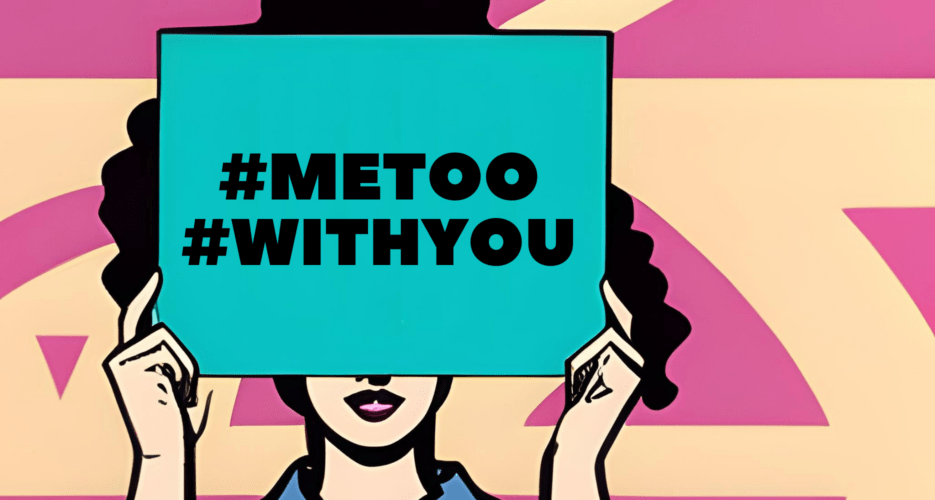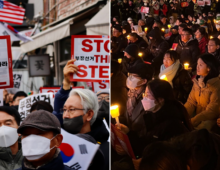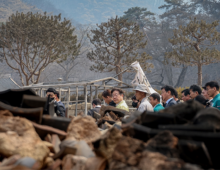Seoul emphasizes need for social consensus, but critics say unresponsive laws lead to impunity for sexual crimes
For more than a decade, South Korea’s rape laws have been premised on the use of violence or intimidation, and this narrow definition has increasingly been criticized as out of step with international standards and public expectations in the aftermath of the #MeToo movement.
Some segments of the ROK government appear to recognize this. The Ministry of Gender Equality and Family’s (MOGEF) “Third Basic Plan for Gender Equality (2023-2027)” released on Jan. 26 states that the ministry will actively consider amending the definition of rape to make non-consensual sex a crime, working alongside the Ministry of Justice.
For more than a decade, South Korea’s rape laws have been premised on the use of violence or intimidation, and this narrow definition has increasingly been criticized as out of step with international standards and public expectations in the aftermath of the #MeToo movement.
Some segments of the ROK government appear to recognize this. The Ministry of Gender Equality and Family’s (MOGEF) “Third Basic Plan for Gender Equality (2023-2027)” released on Jan. 26 states that the ministry will actively consider amending the definition of rape to make non-consensual sex a crime, working alongside the Ministry of Justice.
Get your
KoreaPro
subscription today!
Unlock article access by becoming a KOREA PRO member today!
Unlock your access
to all our features.
Standard Annual plan includes:
-
Receive full archive access, full suite of newsletter products
-
Month in Review via email and the KOREA PRO website
-
Exclusive invites and priority access to member events
-
One year of access to NK News and NK News podcast
There are three plans available:
Lite, Standard and
Premium.
Explore which would be
the best one for you.
Explore membership options
© Korea Risk Group. All rights reserved.
No part of this content may be reproduced, distributed, or used for
commercial purposes without prior written permission from Korea Risk
Group.












